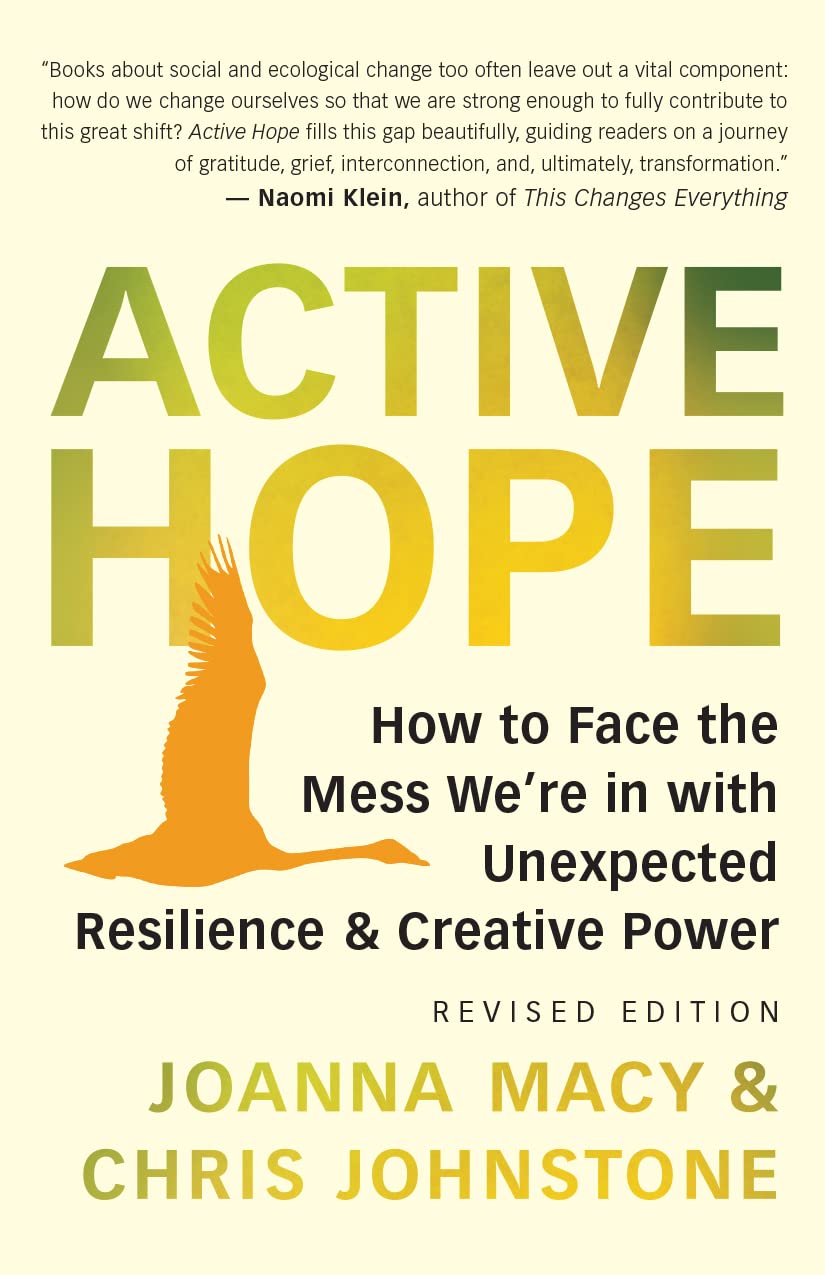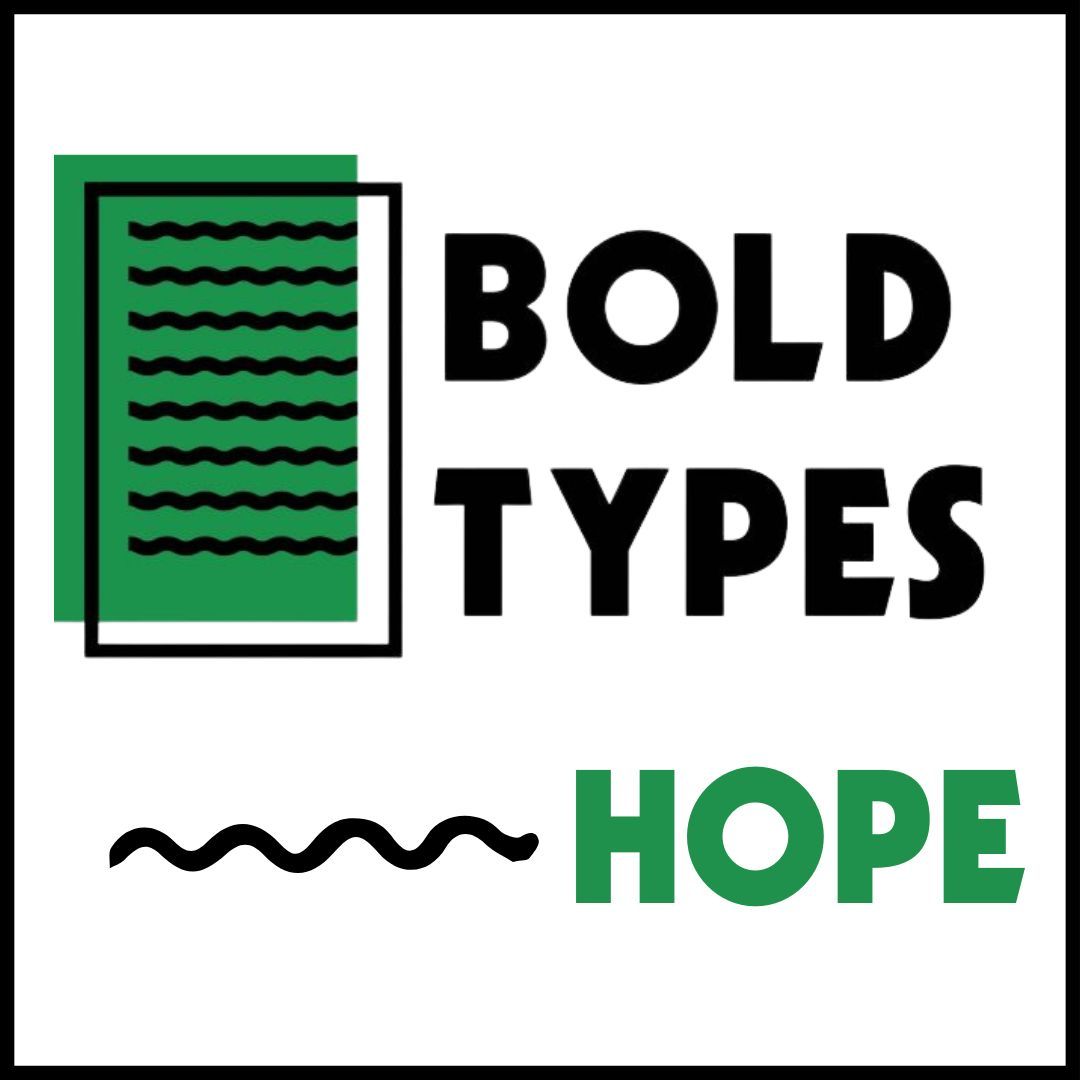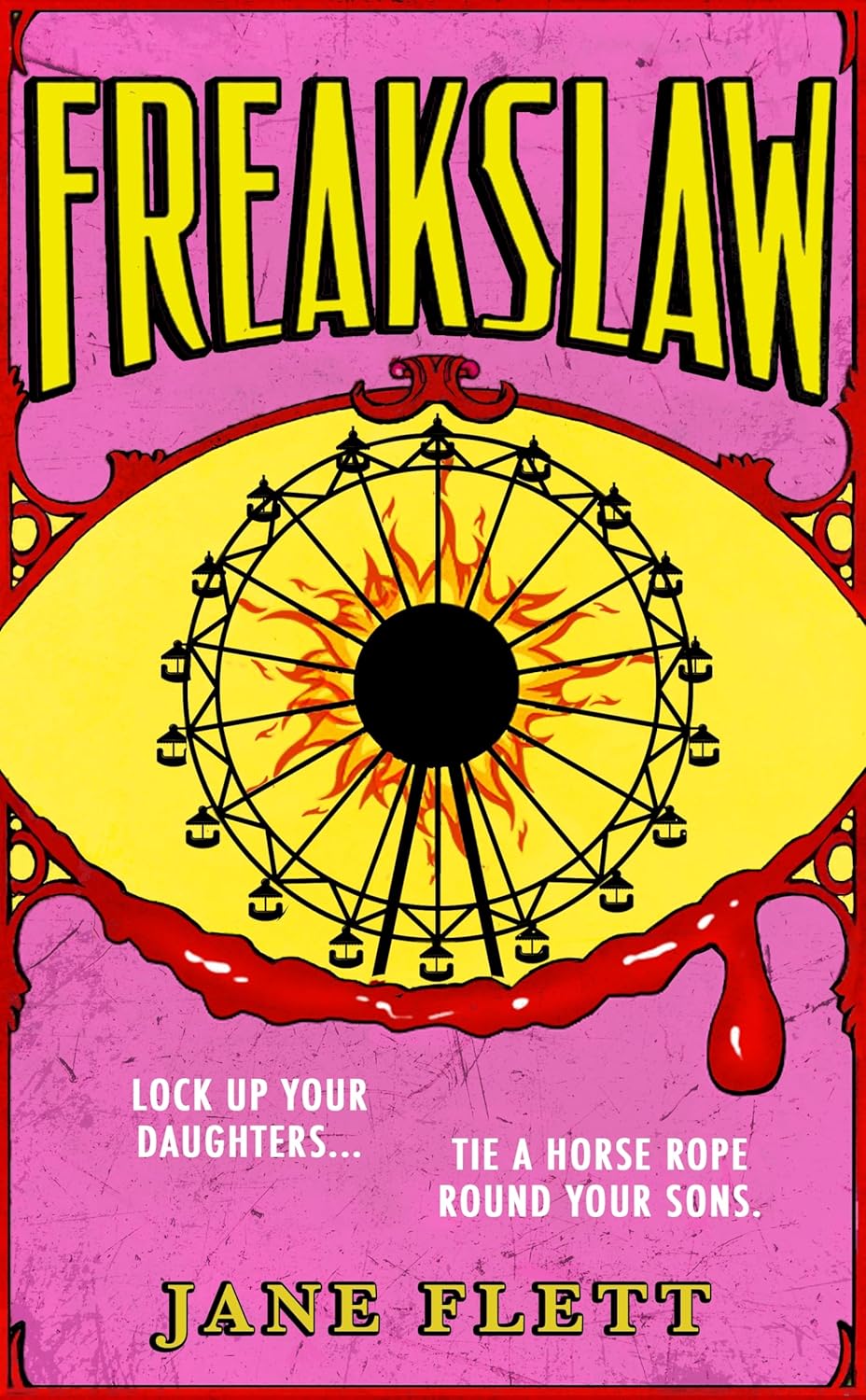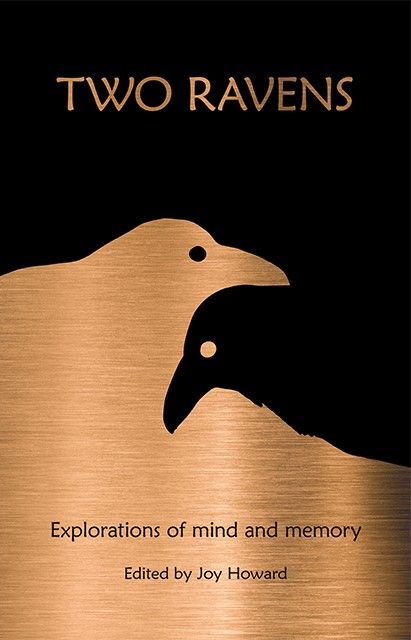The pioneering history of Scottish Women’s Aid is to be recorded as the organisation celebrates 40 years of challenging and preventing domestic abuse in Scotland.
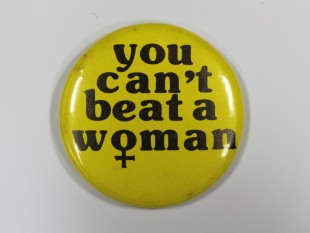
The project will record the work of hundreds of feminist pioneers who helped to bring about a sea-change in Scottish society, whose contribution has often been overlooked.
The charity, in partnership with Glasgow Women’s Library, the University of Glasgow Centre for Gender History and Women’s History Scotland, has been awarded a substantial project grant from the Heritage Lottery Fund (HLF) to conserve the unique and diverse heritage of Scottish Women’s Aid.
The project will tell the story of Women’s Aid in Scotland through the voices of the women involved in the movement from its earliest years onwards. These women, who were at the forefront of shaping social change in Scotland, placed the issue of domestic abuse on the political and social agenda.
The money will be used to create an archive, a website, touring exhibition and organise local events which will interpret the history of Scottish Women’s Aid for a wide range of audiences including local community members, activists, students and academics.
Around 100 women who have been involved in Women’s Aid at different times in its history, and from all parts of Scotland, will be interviewed by up to 50 volunteers to create an oral history “bank” of women’s unique stories.
They will include people who set up the first refuges, and those who have worked for the organisation and campaigned for Women’s Aid, as well as politicians, journalists and academics who have worked closely with the charity. Their stories will be recorded, archived and gathered in an exhibition celebrating Scottish Women’s Aid’s 40th anniversary. There will also be a new website to ensure the stories and achievements from a period of great social change are kept for posterity.
Lucy Casot, Head of the Heritage Lottery Fund in Scotland, said: “Saving significant archives has never been more important. They provide such a valuable record of our society and how it has changed over the years. Thanks to National Lottery players, HLF is able to support projects such as Scottish Women’s Aid recognising the important impact the organisation has had on the country’s social history and allowing unheard voices, memories and stories to be captured before they disappear.”
Nel Whiting, learning and development worker for Scottish Women’s Aid, said: “The first Women’s Aid groups started in Glasgow and Edinburgh in 1973, providing refuge accommodation to “battered wives”. Three years later, the national Scottish Women’s Aid office opened to co-ordinate awareness-raising and put domestic abuse on the political agenda. At the time is was simply not considered as a serious social issue. So much has changed since that time, including the language we use to talk about domestic abuse, and much of this is attributable to the work of Women’s Aid in highlighting the scale and seriousness of domestic abuse, and addressing gender inequality as cause and consequence of such violence.”
Adele Patrick, of Glasgow Women’s Library, where the archive will be held, said: “The movement at local and national level is a unique and important part of Scotland’s recent heritage. Those involved over the years have, in different ways, sought to preserve and to celebrate the story, and there is pride in the origins and achievement of Women’s Aid. However, the memories and associated artefacts are scattered and have never been systematically catalogued and interpreted. The HLF grant will enable us to make the archive accessible and usable for everyone who wants to learn more about Women’s Aid in Scotland.”
Lesley Orr, of Women’s History Scotland, said: “The primary sources for the history of Women’s Aid in Scotland are the individual and collective memories of participants. Since the movement began in the 1970s, pioneers of the first groups are ageing, and in some notable instances have died without having had an opportunity to record their memories and reflections. Others who were at the heart of the early activities have moved away from Scotland, or out of contact with the movement. While it is still possible, it is vital to seek out and preserve the oral history of this unique and significant historical moment.”
Andrea Thomson, of Glasgow University’s Centre for Gender History, said: “The Women’s Aid movement in Scotland is important not only to the thousands of women, children and young people who have been affected by domestic abuse, but to the whole of society. The work of the feminist pioneers who struggled against many odds to bring about a huge change in society, is not widely known and we are excited to be involved in this worthwhile project which will draw attention to this often overlooked part of Scotland’s history.”


